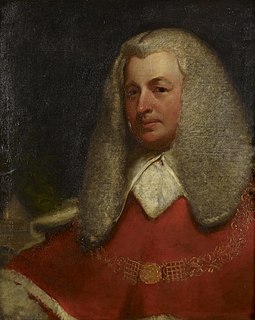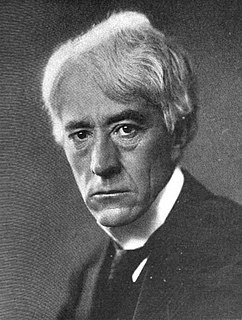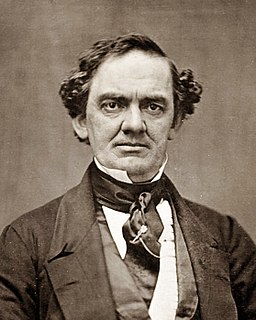A Quote by C. S. Lewis
When we force a boy to be a mediocrity in a dozen subjects we destroy his standards, perhaps for life.
Related Quotes
In those days a boy on the classical side officially did almost nothing but classics. I think this was wise; the greatest service we can to education today is to teach few subjects. No one has time to do more than a very few things well before he is twenty, and when we force a boy to be a mediocrity in a dozen subjects we destroy his standards, perhaps for life.
When the father dies, he writes, the son becomes his own father and his own son. He looks at is son and sees himself in the face of the boy. He imagines what the boy sees when he looks at him and finds himself becoming his own father. Inexplicably, he is moved by this. It is not just the sight of the boy that moves him, not even the thought of standing inside his father, but what he sees in the boy of his own vanished past. It is a nostalgia for his own life that he feels, perhaps, a memory of his own boyhood as a son to his father.
Professional standards, the standards of ambition and selfishness, are always sliding downward toward expense, ostentation, and mediocrity. They tend always to narrow the ground of judgment. But amateur standards, the standards of love, are always straining upward toward the humble and the best. They enlarge the ground of judgment. The context of love is the world.
God has power to create, or destroy, make, or unmake at his pleasure, to give life, or send death, to judge all, and to be judged nor accountable to none: to raise low things, and to make high things low at his pleasure, and to God are both soul and body due. And the like power have Kings; they make and unmake their subjects: they have power of raising, and casting down: of life, and of death: judges over all their subjects, and in all causes, and yet accountable to none but God only.
Sherman made the terrible discovery that men make about their fathers sooner or later... that the man before him was not an aging father but a boy, a boy much like himself, a boy who grew up and had a child of his own and, as best he could, out of a sense of duty and, perhaps love, adopted a role called Being a Father so that his child would have something mythical and infinitely important: a Protector, who would keep a lid on all the chaotic and catastrophic possibilities of life. ~Tom Wolfe
Heat flushed Chauncey's neck; it took all his energy to curl his hands into two weak fists. He laughed at himself, but there was no humor. He had no idea how, but the boy was inflicting the nausea and weakness inside him. It would not lift until he took the oath. He would say what he had to, but he swore in his heart he would destroy the boy for this humiliation.
Constant hammering on one nail will generally drive it home at last, so that it can be clinched. When a man's undivided attention is centered on one object, his mind will constantly be suggesting improvements of value, which would escape him if his brain was occupied by a dozen different subjects at once.
If every person has the right to defend - even by force - his person, his liberty, and his property, then it follows that a group of men have the right to organize and support a common force to protect these rights constantly. Thus, since an individual cannot lawfully use force against the person, liberty, or property of another individual, then the common force - for the same reason - cannot lawfully be used to destroy the person, liberty, or property of individuals or groups.
The Scoutmaster guides the boy in the spirit of an older brother... He has simply to be a boy-man, that is: (1) He must have the boy spirit in him: and must be able to place himself in the right plane with his boys as a first step. (2) He must realise the needs, outlooks and desires of the different ages of boy life. (3) He must deal with the individual boy rather than with the mass. (4) He then needs to promote a corporate spirit among his individuals to gain the best results.




































